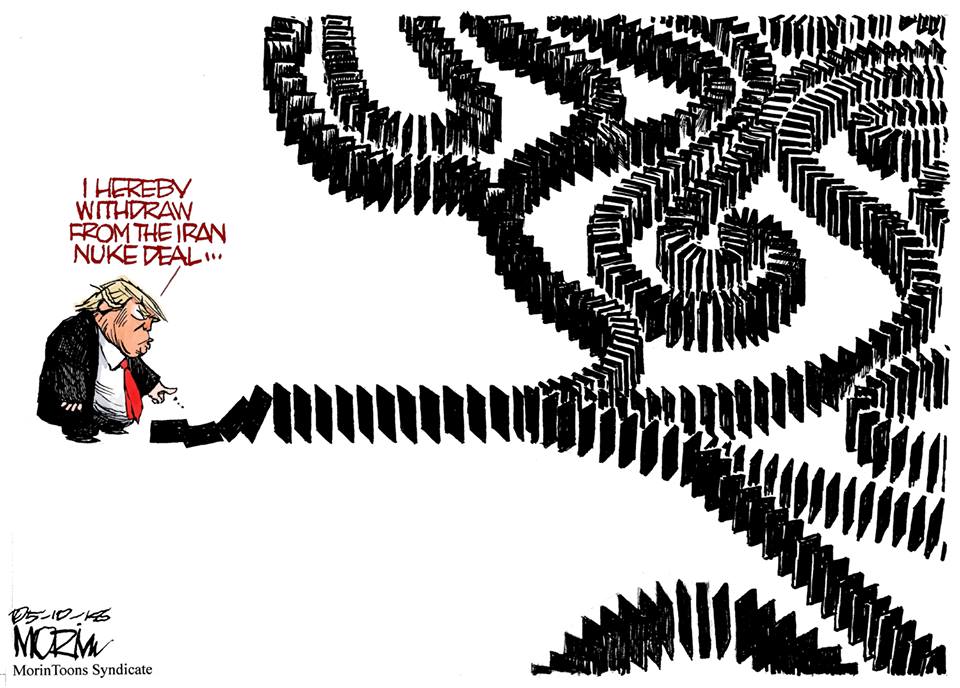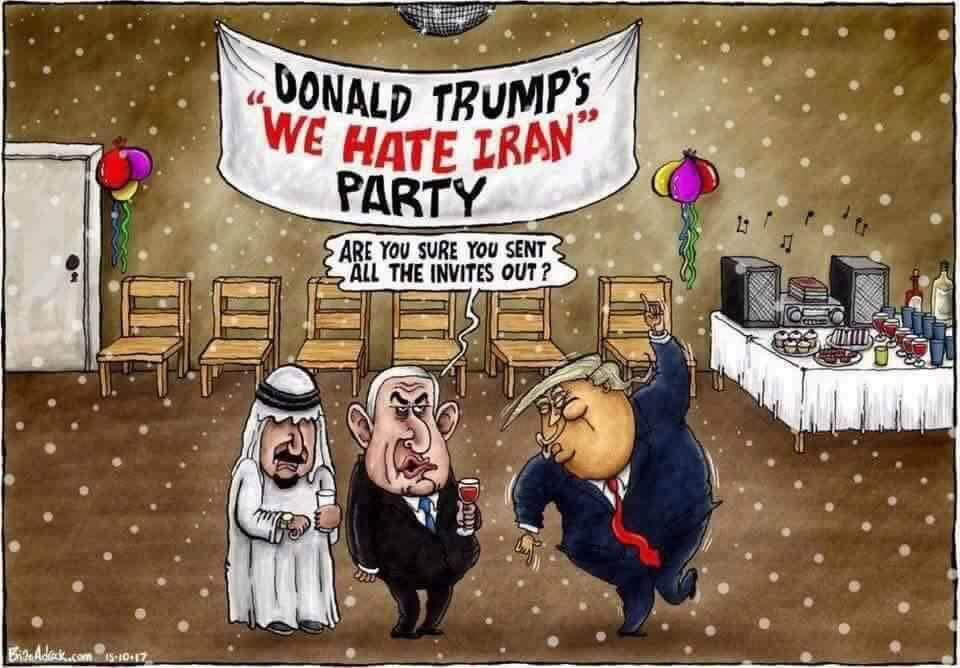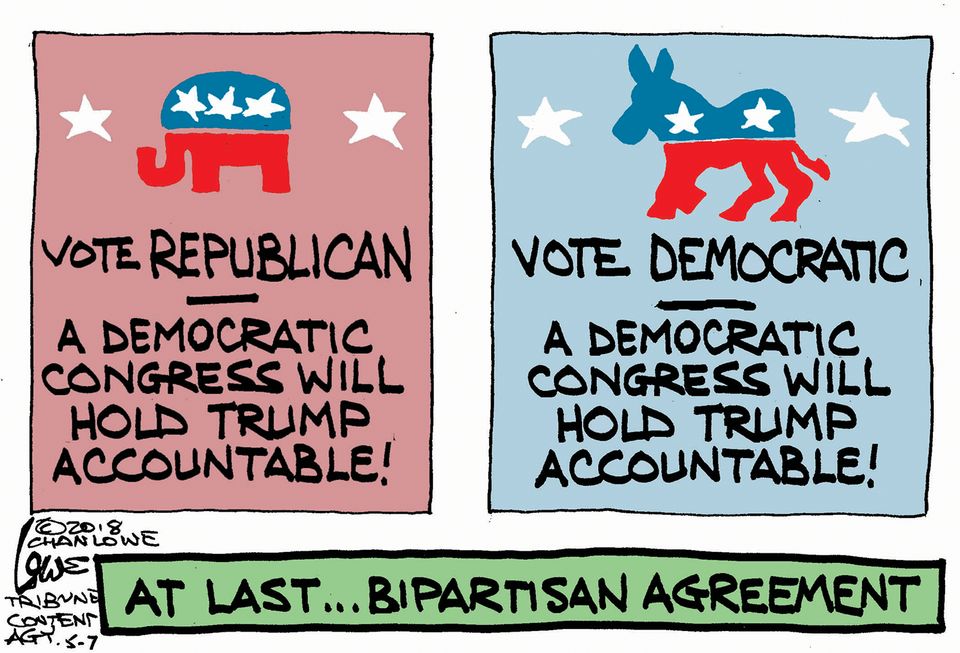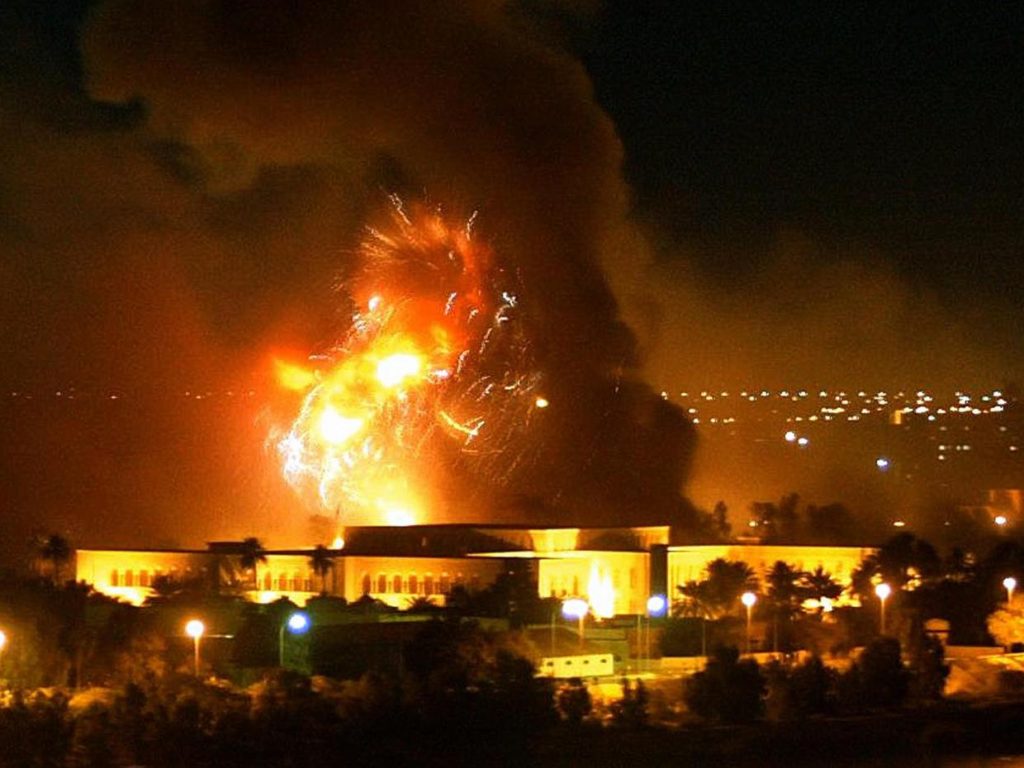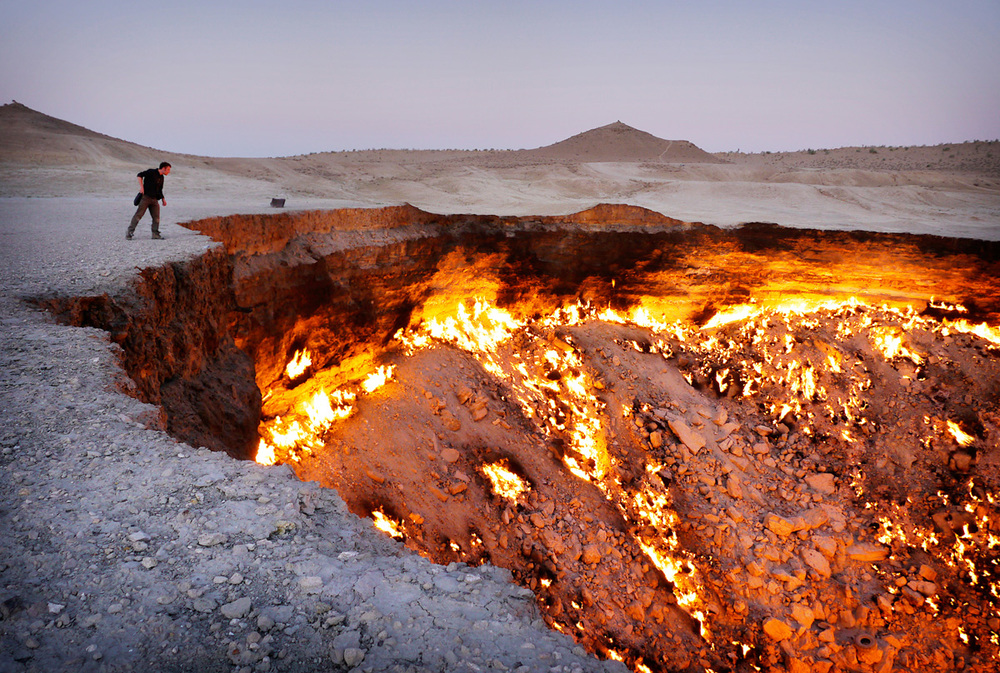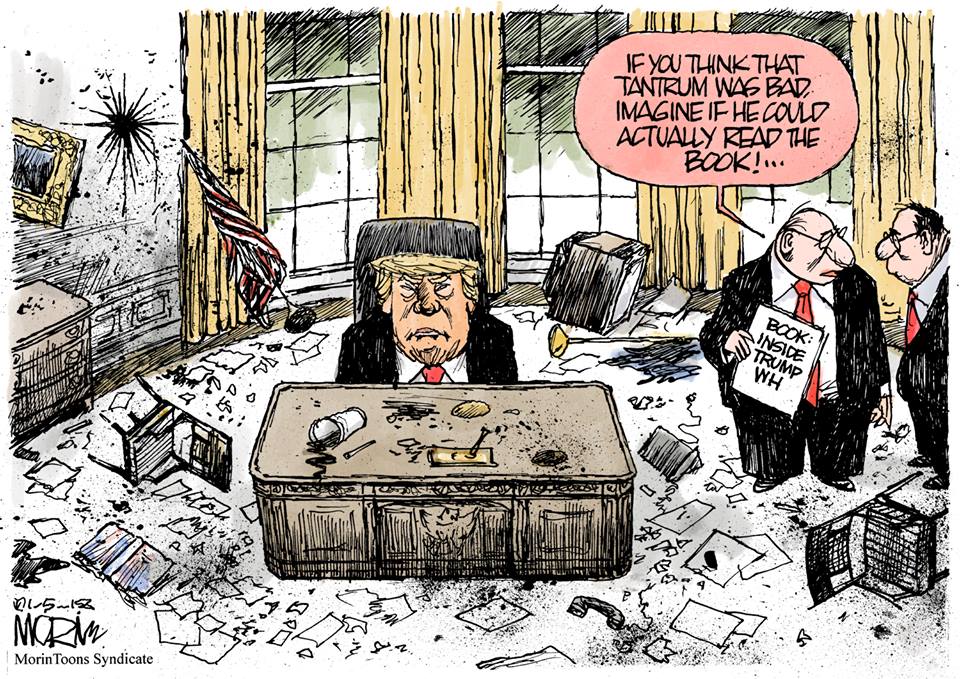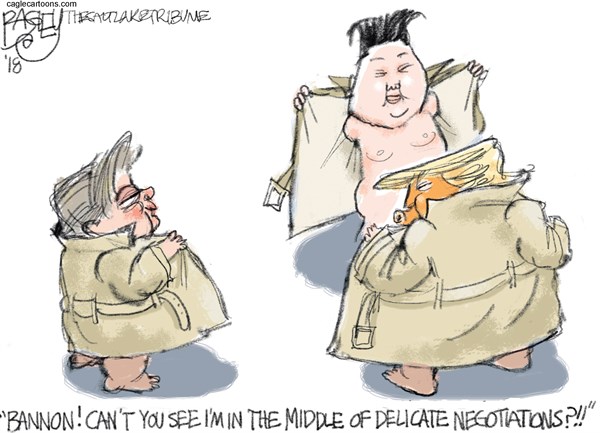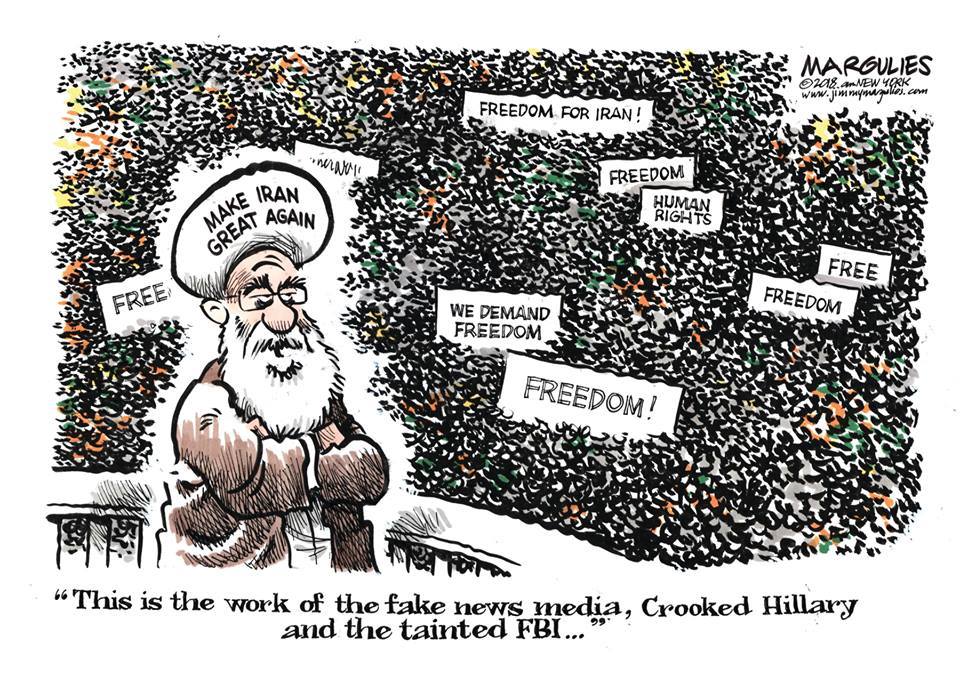The Daily Escape:

Swaziland street scene – 2012 photo by Wrongo
Turkey launched “Operation Olive Branch” against Kurdish militias inside Syria on January 20. Reuters reports that Turkish artillery pounded Kurdish positions, while rockets fired from inside Syria hit two Turkish border towns, wounding dozens. More from Reuters:
Intense Turkish artillery fire and air strikes continued to hit some villages, the YPG said, while fierce battles raged to the north and west of Afrin against Turkish forces and their rebel allies…
Turkey’s Foreign Minister Mevlut Cavusoglu said that Turkey had informed the Syrian government of its military operation in Afrin with a written statement before the incursion was launched. Apparently, Moscow gave the green light to Ankara to commence Operation Olive Branch, and has moved Russian troops out of harm’s way in Afrin. From Stratfor:
The war in Syria should be ending. The Islamic State has lost all the territory it seized in 2014. The Syrian army, backed by Russia and Iran, has confined other anti-government rebels to besieged pockets in the south, on the eastern outskirts of Damascus and in the northwest. Opposition hopes of removing Syrian President Bashar al Assad have vanished. But the war refuses to die. It just takes new forms.
The new fighting is between Turkey and American surrogates. The US announced a post-Islamic State mission that would keep American advisers and their local surrogates in Syria for years to come. The mission calls for the US to train, arm and advise a 30,000-strong, mostly Kurdish border security force. The border that this force will secure is between Syria and Turkey.
Unsurprisingly, this didn’t sit well with Turkey’s president Erdogan, who pledged “to strangle it before it’s even born.” He moved Turkish military units to the border and launched artillery at Kurdish positions in their Syrian enclave of Afrin. Erdogan is a smart guy. He told members of parliament from his Justice and Development Party:
Hey, NATO! You are obliged to take a stance against those who harass and violate the borders of your members.”
Naturally, it’s Turkey’s borders that Erdogan wants NATO to protect from Kurdish militias. The US border security plan could tear NATO apart. Several European partners are unhappy with this latest move by the Trump administration. Importantly, this may commit the US to a long-term presence within a country that doesn’t want us there, and where we have no real strategic interest.
Erdogan’s incursion has received support from al Assad’s government, Russia, and Iran. They see the US plan as a pretext to keep a military presence in Syria, to deprive Syrian authorities control over large swaths of the country and gain some leverage over the war’s likely victors. Joshua Landis at the University of Oklahoma’s Center for Middle East Studies, wrote:
By controlling half of Syria’s energy resources, the Euphrates dam at Tabqa, as well as much of Syria’s best agricultural land, the US will be able to keep Syria poor and under-resourced…
Russia admonished the Kurds that their decision to put their faith in whatever US Central Command (CENTCOM, the controlling regional Defense Department command for Syria and the ME) has planned for them is a poor decision. And the US has already backtracked on their support for the Kurds in Afrin. CENTCOM has announced through a spokesperson, that the US will not continue to support them.
So, what’s the strategy? Both Russia and Iran can simply sit back and watch as Erdogan goes about crushing the US’s proxy (Kurdish militias) in northern Syria. And, they have nothing to lose if a nasty spat develops between the US and Turkey. On the other hand, if Turkey succeeds in vanquishing the Kurdish militia, US will have to vacate northern Syria, which would also be to the advantage of Russia and Iran.
It is hard to explain the Trump administration’s decision to keep the US military presence in Syria indefinitely, against the wishes of Damascus, Russia, Iran and Turkey. Tehran knows that if the US is forced to vacate Syria, it would mean the US-Israeli failure to block Iran from establishing the “Shia Crescent”.
Trump has delegated far too much autonomy to the Pentagon. The White House is focused domestically, or otherwise engaged in infighting, and Trump doesn’t have the interest, or expertise to provide leadership in the region.
Despite all Trump’s campaign rhetoric, his ME policy will only lead to further US humiliation in the region. The US needs a Metternich.
Instead, we’ve got Trump & Tillerson, sort of the “Abbott & Costello” of international affairs. Foggy Bottom and the Pentagon have been completely outplayed for the past year or two.
Sometimes you just have to get out of the way, and just take the shame/blame that’s coming to you.


